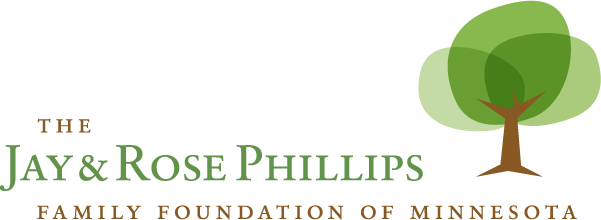by Melanie Heckt
As I’m wrapping up the first few months of my AmeriCorps VISTA year of service with Appetite for Change and the Northside Fresh Coalition, I have been thinking a lot about the motivations that brought me to and keep me working in food justice. With the weight of nonprofit reality setting in and at times feeling like I am not doing enough, I luckily have had plenty of spaces where I have remembered why I am here and why this is what I love. One of the key parts for me is remembering the powerful people and work that has come before me. I’ve had reminders of this in experiences such as listening to the powerful keynote speakers at the Overcoming Racism Conference, participating in my community organizer training, and having one-on-ones with people who have been working in my field for a long time. These recent experiences have got me thinking back to the Food In History course I took at the University of Minnesota. It ended up being one of my favorite classes that helped me have a more robust understanding of the food system in the US and the ways it has impacted race, gender, economic, and social justice. Having this knowledge informs the work that I do and my ability to think about systems. I firmly believe that it is vital to know the historical context of the systems we are working to change. This has proven true for me in work, but I believe it is important for anyone who is working to create a better future. Having historical context allows people to understand how and why our systems were created, build on the work done by those before them, and be grounded in the stories of resistance and persistence that have come before us.
One of the best parts about being a part of C3 Twin Cities is getting to be around people who are passionate about so many different areas of justice. From education to community wealth building, there is no one way to approach anti-poverty work. The work we do is extremely complex and intertwined. This is why it is important for us to take time to understand the historical context of not only the United States as a whole, but also our specific city, neighborhood, and site. This is key in understanding the reasons why our anti-poverty work is necessary and work towards solutions that make sense for our specific communities. I have done this at my site by having one-on-ones with people who have been organizing around food for decades in North Minneapolis and doing research on the foodscape of the Northside. This allows me to use my previous knowledge of food and land regulations, attitudes, and barriers to understanding how those things impact and reflect North Minneapolis. This has also been important for me while building relationships with community. Not only to make sure I am building off others’ work and not suggesting things that have failed or already been done, but also as a way to show respect and honor those who’ve come before me. Without prioritizing this in my work, I would not be as effective in my position. This knowledge has given me a deeper understanding of how entwined food is with other forms of justice. To me, having a historical context means there is a drive to work together and break free of “silos.” It means encouraging interdisciplinary work and realizing that creating liberation for everyone will take the work of everyone.
Knowing the historical context of anti-poverty work and food justice not only helps me understand complex systems, it also grounds me in stories of resistance. Often, we talk about anti-poverty work and people we are “helping” in terms of deficit or disparity. Don’t get me wrong, it’s important to know the stats and the harsh realities of racism, sexism, ableism, etc., but often times what gets lost are the beautiful stories of strength and resistance. For me as a biracial Black woman, knowing the Black Panthers started a free breakfast program to feed their children before they went to school motivates me to continue doing the work I do. It also shows the intersections between food, education, and race which motivates me to work outside strictly food-related programs. It reminds me that people have been doing this for generations. Through this learning, I get to share my own story and think about how I fit into the larger picture. It also shows me that there are alternatives to the current food system. It’s reminders like these that make me hopeful for the future when it seems like change is impossible.
Knowing my history is a big learn that I have gained so far in my year of service and something I will continue to strive towards for the rest of my life. I encourage everyone to prioritize a continued learning of the history of the work they do and reflect on their own stories and motivations. History is the foundation we need to be effective agents of change.
Having the knowledge to understand the complexities of systems, the intricacies of our own work and selves, and stories of hope and resistance are all necessary for building a better future of justice and liberation.
